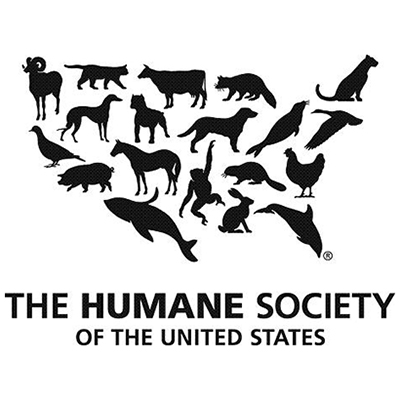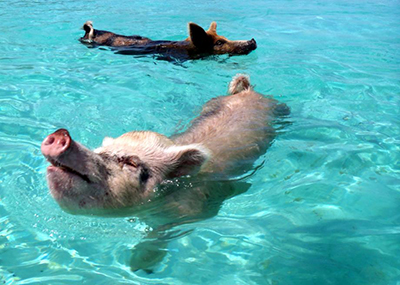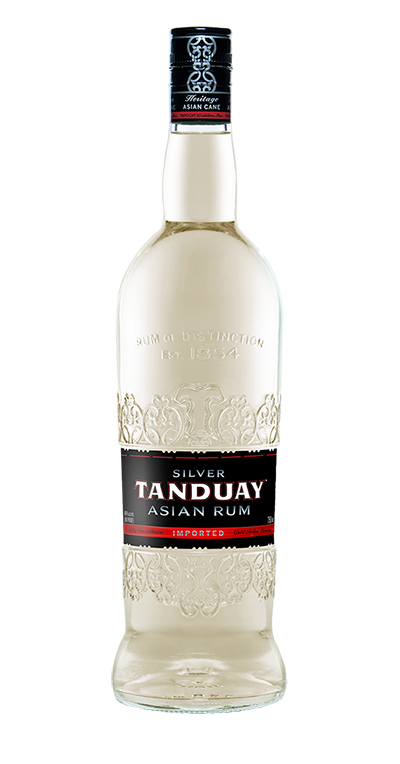 Safeway received the Henry Spira Humane Corporate Progress Award from The Humane Society of the United States. The grocery chain – the second largest in the country – earned the award for its work in 2013 to end the extreme confinement of pigs in its supply chain.
Safeway received the Henry Spira Humane Corporate Progress Award from The Humane Society of the United States. The grocery chain – the second largest in the country – earned the award for its work in 2013 to end the extreme confinement of pigs in its supply chain.
In the pork industry, most breeding pigs are confined for virtually their entire lives in immobilizing gestation crates, enduring a cycle of repeated impregnation for several years. These individual cages are approximately 2 feet wide—so small the animals can’t turn around or take more than a step forward or backward.
Matt Prescott, food policy director for the Humane Society of the United States, said: “Safeway has been a leader on tackling many of the worst farm animal abuses in food production for a decade. We believe in offering credit where credit is due, and Safeway certainly deserves some for showing the pork industry that gestation crates have no future.”
Wayne Pacelle, president and CEO of The HSUS, said: “All over America, and around the world, corporations are listening to their customers and taking intentional steps to contribute to the new, emerging humane economy, one that lightens the burden of suffering for animals.”
Recently Cargill, the largest private corporation in the United States, announced that it has set a timeframe for purging gestation crates from its supply chain. Earlier this year, Smithfield Foods and Tyson Foods, two other major meat producers, made related announcements. Over the last two and a half years, 60 major American food retailers agreed to phase out their purchase of pork from operators using gestation crates.
The Pew Commission on Industrial Farm Animal Production—funded by the Pew Charitable Trusts and Johns Hopkins School of Public Health, and which included the former U.S. Secretary of Agriculture—recommended that “all systems that restrict natural movement,” including gestation crates, be phased out.
 Renowned animal welfare scientist Temple Grandin, Ph.D., says, “We’ve got to treat animals right, and gestation stalls have got to go.” She continues, “Confining an animal for most of its life in a box in which it is not able to turn around does not provide a decent life.”
Renowned animal welfare scientist Temple Grandin, Ph.D., says, “We’ve got to treat animals right, and gestation stalls have got to go.” She continues, “Confining an animal for most of its life in a box in which it is not able to turn around does not provide a decent life.”
Between the mid-1970s and the 1990s, the late Henry Spira pushed better treatment for farm animals, creating alliances between major corporations and animal protectionists. In recognition of his work, The HSUS worked with Spira biographer and campaign partner Peter Singer and others to create the Henry Spira Humane Corporate Progress Award, to recognize businesses, innovators and entrepreneurs committed to advancing progress on animal issues.
In 2013, The HSUS recognized Aramark, Burger King and Sodexo with Henry Spira Humane Corporate Progress Awards for working to eliminate some of the worst factory-farming practices from their supply chains. The HSUS has been concerned about farm animal protection since its founding in 1954 and has led national efforts to advance farm animal protection.
About HSUS
The Humane Society of the United States is the nation’s largest animal protection organization, rated most effective by our peers. For 60 years, we have celebrated the protection of all animals and confronted all forms of cruelty. We are the nation’s largest provider of hands-on services for animals, caring for more than 100,000 animals each year, and we prevent cruelty to millions more through our advocacy campaigns. Read more about our 60 years of transformational change for animals, and visit us online at humanesociety.org.





